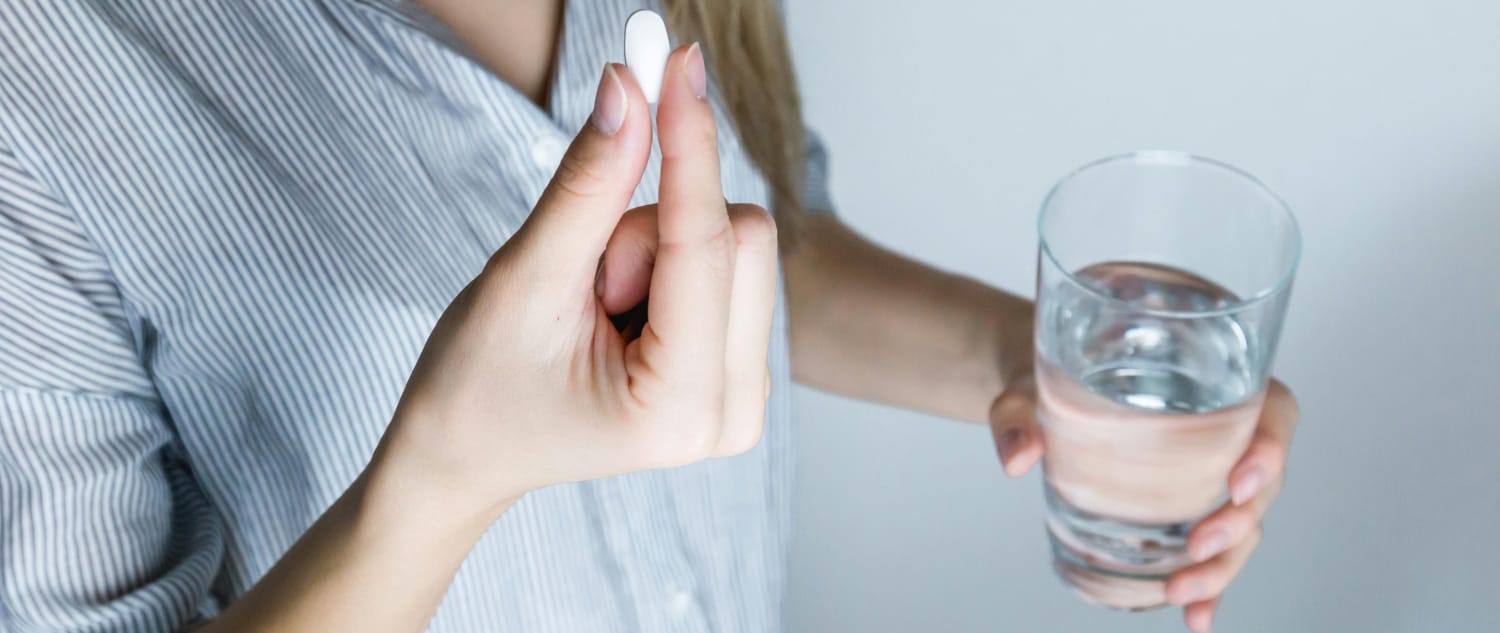Clinically Reviewed by Dr. Matin Hemmat LPCC, CADC.
What can you even trust anymore? AI seems to be able to create reality out of nothing. All of our media and social media feel like they are so jaded or one-sided that the truth is missed for more clicks. But when it comes to analog—physical things—we expect more. Especially when it comes to something in the medical field, such as pills. However, pressed pills are putting even medication trustworthiness at risk. So, what are pressed pills? They are imposters—and often, they are dangerous ones, at that.
What are Pressed Pills?
Simply put, pressed pills are counterfeit versions of real medications—pretending to be Xanax, Oxycodone, or Adderall. They look just like their pharmaceutical counterparts, down to the embossed numbers and color schemes, but that is where it ends.
Pressed pills are often cut with illicit substances: fentanyl, methamphetamine, or a cocktail of whatever was the cheapest option that week.
How Are Pressed Pills Made?
Most drug dealers don’t have a degree in chemistry, But they do have an Amazon account. Well, maybe not Amazon, but you don’t need any kind of certification to get a pill presser online.
The process is pretty simple: crush up whatever is lying around, mix it with fentanyl, press it into pill form, and out comes an imitation medication you might get prescribed by your doctor. No FDA oversight. No quality control. Just a game of Russian roulette as you put a substance in your body that could have a lethal combination of chemicals.
Why Do They Make Pressed Pills
As you might guess, the reasons are not typically for the good of mankind. But it’s not like it is a practical joke someone wants to play on you. The reason is ultimately going to be financial.
1. Cost Efficiency & Profit Maximization
Fentanyl is much cheaper to produce than legitimate opioids like oxycodone or hydrocodone. If you are selling prescription medications on the street, fentanyl will pretty much be your go-to for any desired opioid option.
2. Addiction & Repeat Business
Of course, fentanyl is wildly powerful and, as a result, wildly addictive. By lacing pressed pills with it, dealers ensure that users develop a dependency much faster than they would with traditional prescription opioids. A person who thinks they’re taking a regular Xanax or Percocet may unknowingly take fentanyl, experience a much stronger effect, and then want more. Once a person is addicted, the repeat business is booming.
3. Market Deception
Because pressed pills look pretty good (with all the details), a lot of users believe they are buying actual prescription drugs. This means top dollar for fake medications.

4. Increasing Potency to Stand Out
In competitive black markets, dealers want their products to be “the strongest.” If one batch of fake Percocet is slightly more euphoric than another, word spreads. Some dealers intentionally lace pills with more fentanyl or other high-potency drugs to create a reputation for having the most powerful pills. The problem? The line between “strong” and “deadly” is razor-thin.
5. Cross-Contamination
Accidents happen. It’s not like a person using a pill press to make illicit drugs is going to be the most fastidious cleaner. This means cross-contamination is a serious issue. The same pill press might be used for fentanyl-laced pills and non-opioid pills like fake Adderall.
Because fentanyl is so potent, even a microscopic amount left behind can cause an overdose of a supposedly “safe” pill.
Pressed Pills and the Fentanyl Risk
The idea of fentanyl-laced pills is terrifying. Why? Because of the potency and power. It binds to opioid receptors so efficiently that even minuscule amounts can shut down breathing. And the fact that it is unregulated makes matters that much worse. One pill might contain barely any fentanyl at all, while the next one has enough to kill five people.
And it’s not just opioids that are affected. Fake Adderall has been found to contain fentanyl. Fake Xanax. Even things that should, in theory, “be safe.”
The only way to truly avoid it is to steer clear of all pressed pills. Fentanyl doesn’t come with big neon signs letting you know it is there. It doesn’t have a smell or a taste. And once it’s in your system, the effects will come quickly.
How to Tell If a Pill is Pressed
It is true that the details can be pretty impressive when it comes to imposter pills. But if you know what you’re looking for, the cracks start to show:
- The color might be slightly off. A little too bright or a little too faded.
- It might crumble too easily or feel too chalky. Pharmaceutical pills are designed for consistency; street pills are made by people in a hurry.
- The imprint might be slightly misaligned. Tiny differences in logo placement or font can be a giveaway.
- Taste can give it away. (Not that you should be biting into random pills, but pressed pills often have a bitter, chemical taste.)
- Most importantly: Where did it come from? If a pill didn’t come from a pharmacy, assume it’s fake. No matter how convincing it looks. It is just not a chance you want to take.
The Power of Finding Recovery
Here’s what’s true: addiction is not a moral failing. It’s a neurological disease of the brain. It is a hijack of the brain’s reward system that makes bad decisions feel like good ones. Even when those decisions are destroying your life and everything you love.
Pressed pills exploit that vulnerability and even prey on it. If you become addicted to pressed pills, the person who sold them to you has you right where it makes the most sense to them.
If you have already become addicted to pressed pills, you have options. Options that reconnect you with what you’ve lost—not just health, but meaning, connection, and the ability to feel something other than dread.
Recovery isn’t easy, but it’s worth it. And it starts with one decision: to stop gambling on survival and start fighting for something better.
If You’re Ready, Help Is Here.
If you or someone you love is struggling with addiction, there’s help. Peninsula Health Center’s outpatient addiction treatment offered in the South Bay area of Southern California is real, evidence-based help.
The kind that doesn’t rely on luck or guesswork. The kind that understands why addiction happens and how to treat it. Reach out. Today. Because there’s still time. And you deserve better than a coin flip. For a free consultation with one of our addiction specialists, call today: 866-934-8228.






